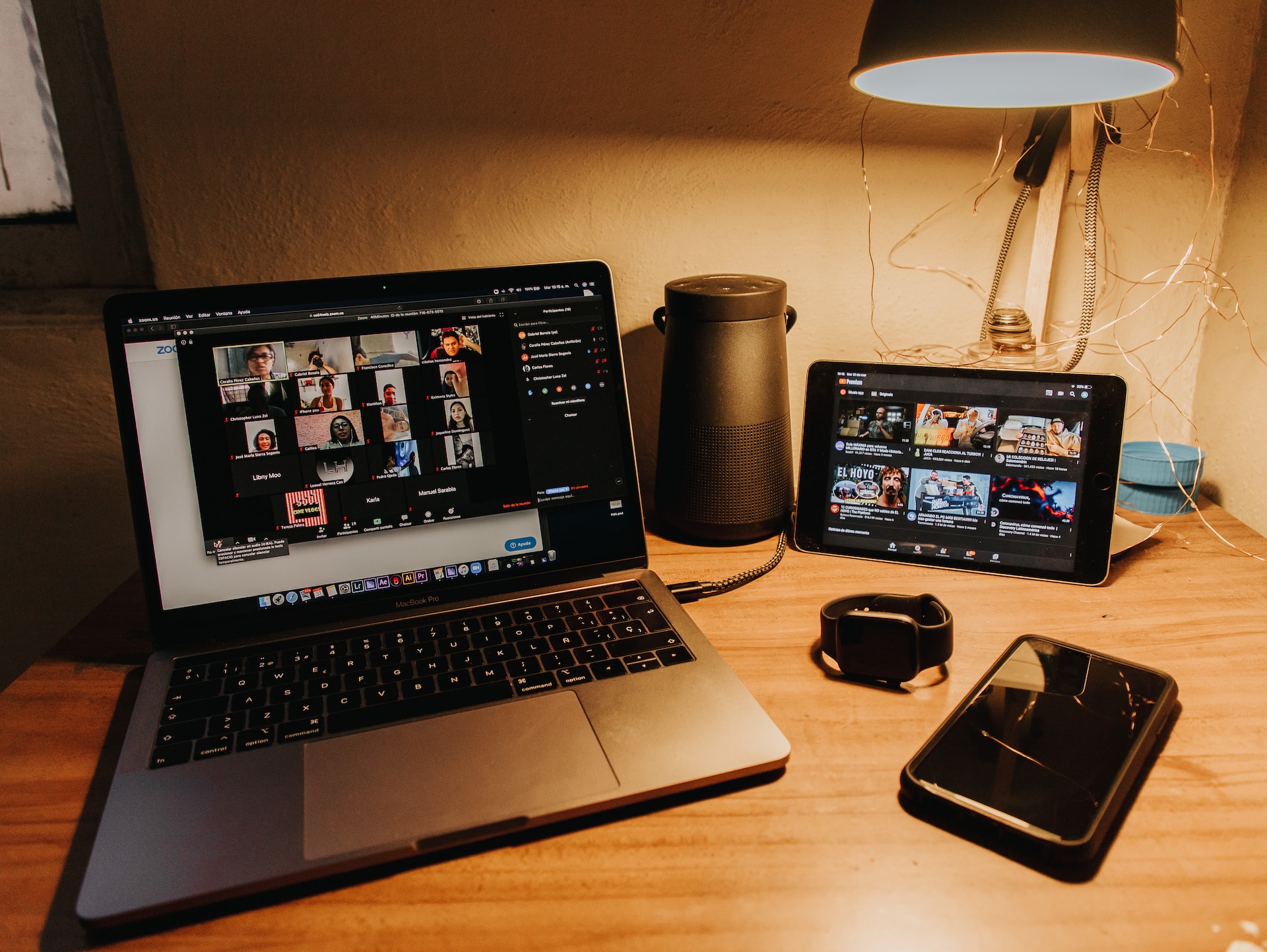Political inequality tackled by social media
One of the key issues in political science is the topic of political inequality. Citizens should have equal opportunity to engage with the system of democracy in any well-functioning democracy. who take part in politics, on the other hand, are repeatedly demonstrated to be more informed than the ones who do not.

They are usually in their forties or fifties, rather than being very young or very old. Although social media has enhanced flow of the information, accessibility, mobilization, as well as funding, it has also enhanced monitoring, political divisiveness, disinformation spread, and persecution. In political science, every facet of social media’s impact on politics is the topic of continuing inquiry and conversation.
As per the Pew Research Center, greater than a quarter of voters below the age of thirty obtained info related to political campaigns via social media during the 2008 election season. During the same period, virtually no voters above the age of 30 looked up political data on social media.
In 2018, more than half of all adults in the United States said they had been ‘civically’ active over social platforms in the previous year, only 10 years later. In less than a decade, social media has evolved from a primary youth phenomenon to a well-established information-sharing platform in the United States as well as other areas of the world.
Disclosure to the internet has resulted in a world made up of filters, with a biased and often
overstated lens system. The social media show of neighbors having holidays in exotic locations causes resentment and hostility in the less privileged; photos of private jet marches in Davos every year take this organic reaction to new heights.
The internet has become a platform for displaying the advantages and benefits of affluence. This clarity manifests as social revolt, often sparked by hashtags and social media groupings, with inequality now glaring us in the face through phone displays. It has aided in the emergence of revolutions such as the Arab Spring, movements such as Occupy Wall Street, and, most recently, the French yellow vest protests.
Education, accommodation, medical care services, and salary attrition all pose serious economic issues for modern generations, only as they did for their ancestors. Moreover, political actors in all areas of the political divide have cemented such economic regresses as unique messages.
Political fighters who twist views about the core reasons for economic inequities awaken attitudes that have been dormant for a long time. They use social media sites like Twitter, Facebook, or YouTube to spread the majority of messages.
As a consequence, inequality is now a continuous notice like we navigate via the news feed. As a consequence of this important awareness, power has been democratized and groups of people have been having the authority to create changes all over the messages.
This might well continue to boost populists around the world—or we might return to the web’s initial promises as well as use it to deal with some of the world’s most urgent problems.
Hence, it can be concluded that social media increases the opportunities for everyone to get a chance to give their opinion on politics, as well as have more access to political information.
However, the more exposure the person has to social media also leads to the political divide. Hence, social media do not work much in reducing political inequality. The more access the person has to social media, the more chances there are of political inequality.
For more interesting research based op-ed article, keep us following here


